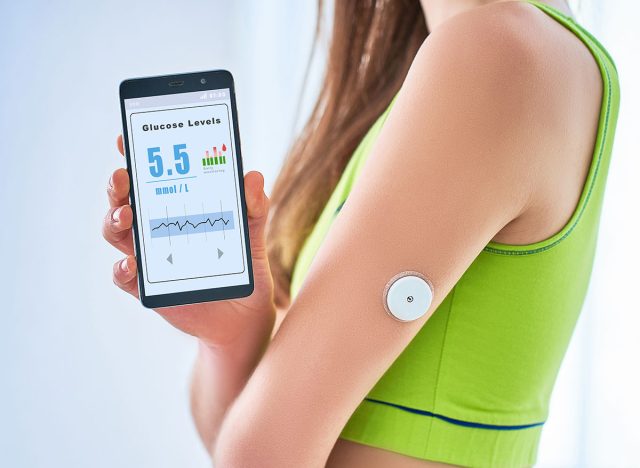These Ultra-Processed Foods May Be Shortening Your Life, According to New Study

Most health experts recommend filling your diet with foods as close to their natural state as possible. However, the majority of people are filling their diet with processed foods, and some of them ultra-processed. According to one new study, eating more ultra-processed foods can actually shorten your life by a whopping 10 percent. Here is what you need to know about the eye-opening new research.
The Large Study Followed Over 541,000 Americans for Almost 30 Years

The new study followed 541,000 Americans aged 50 to 71 for almost three decades who were participating in the US National Institutes of Health-AARP Diet and Health Study. The findings have yet to be published but were presented on Sunday at the annual meeting of the American Society for Nutrition in Chicago.
Consuming Ultra-processed Foods May Shorten Life Span Up to 15 Percent

According to lead author Erikka Loftfield, an investigator at the National Cancer Institute in Bethesda, Maryland, eating higher levels of ultra-processed foods shortened lifespace by 10 percent. Once the data was adjusted, the risk increased up to 14 percent for women and 15 percent for men.
They "Adversely Impact Health and Longevity"

"Our study results support a larger body of literature, including both observational and experimental studies, which indicate that ultra-processed food intake adversely impacts health and longevity," she said. "However, there is still a lot that we don't know, including what aspects of ultra-processed foods pose potential health risks."
Highly Processed Meats Were One of the Main Groups

The first subgroup of ultra-processed foods that increased the risk of mortality, according to the findings? "Highly processed meat," said Lottfield. This includes hot dogs, sandwich meat, and bacon.
Soft Drinks, Including Diet, Were Also a Major Group

The second group was a little surprising. According to Lottfield, soft drinks, even diet soft drinks, were bad for longevity. "Diet soft drinks were the key contributor to ultra-processed food consumption. The second one was sugary soft drinks," Loftfield said. "Beverages are a very important component of the diet and the contribution to ultra-processed food."
RELATED: 20 Superfoods for People Over 50
Those Groups Were "Most Strongly Associated with Mortality Risk"

"We observed that highly processed meat and soft drinks were a couple of the subgroups of ultra-processed food most strongly associated with mortality risk, and eating a diet low in these foods is already recommended for disease prevention and health promotion," said Loftfield.
RELATED: The Number 1 Diet to Lose Body Fat, According to an Expert
Refined Grains Were Another Culprit

Another culprit? Refined grains, including ultra-processed breads and baked goods, were another item on the list.
Heart Disease and Diabetes Were Two of the Main Issues Associated with Them

The study found that people who ate ultra-processed foods were 10 percent more likely to die from heart disease or diabetes compared to those in the bottom 10 percent. It also found that people who consumed most of these types of food were generally younger and heavier.
Even Those at a Normal Weight Were Subject to a Risk of Early Death

The study did note that even those who were at normal weight and generally consumed a healthy diet were not immune to the risk of consuming ultra-processed foods. They, too, were at a higher risk of early death.
RELATED: 5 Exercise Mistakes to Avoid During Menopause (and 5 Things to Do Instead)
There Are Also Health Risks for Children

Ultra-processed foods are also dangerous for children. A 2024 study published in JAMA found a link between these types of foods and drinks and an increased risk of cardiometabolic risk factors. And if you enjoyed this article, take advantage of these 15 Quick Ways to Lose Body Fat Percentage in a Week.




